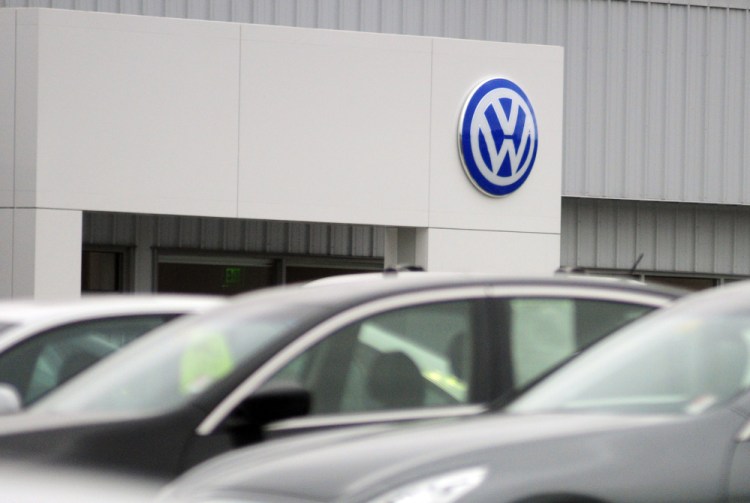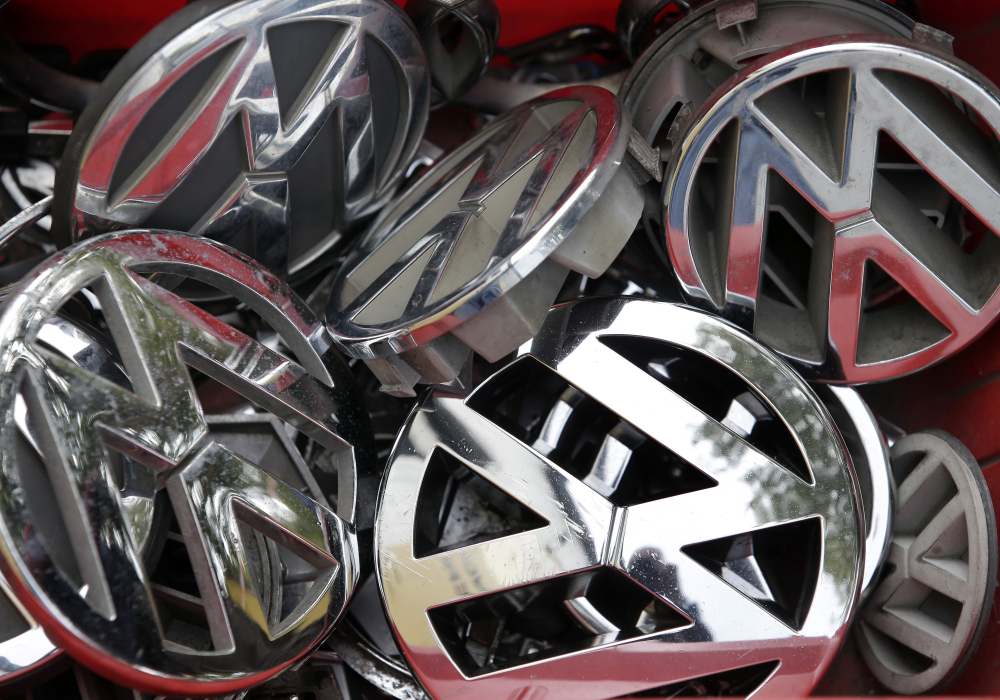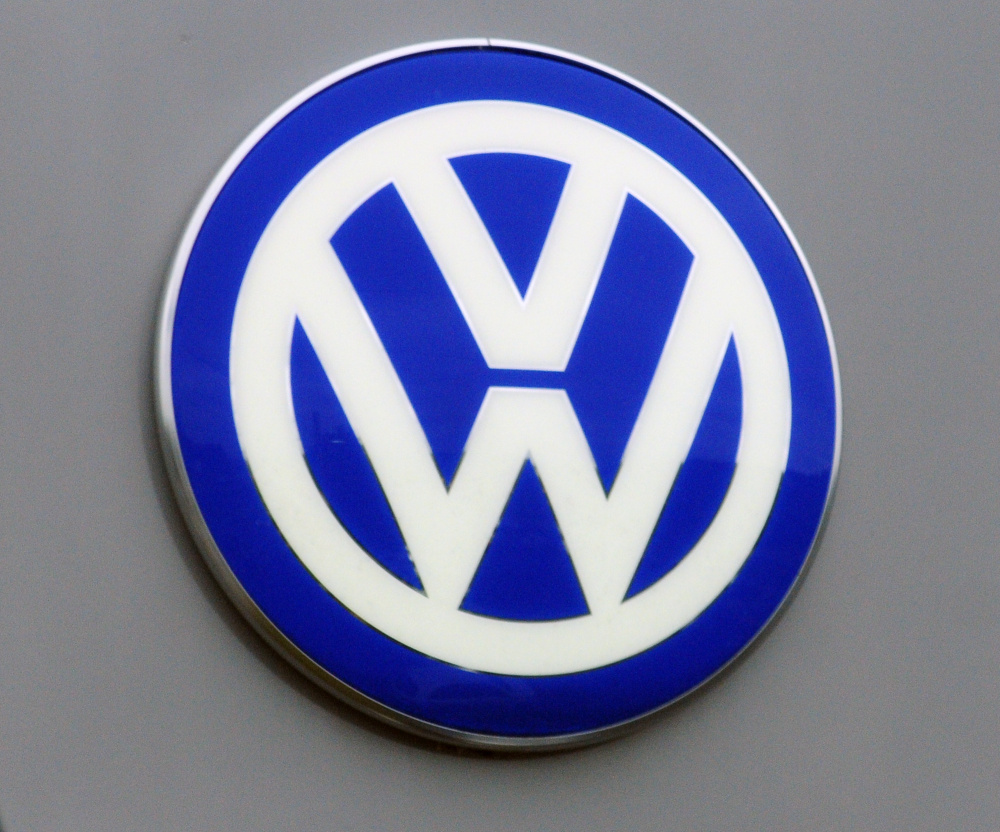AUGUSTA — For those who sell diesel-powered Volkswagens and the people who drive them, the fix for the software emissions cheat installed in VW’s popular diesel models can’t come soon enough.
For the automobile company, it may come too late.
In Augusta, Waterville and everywhere else, Volkswagen’s TDIs — the diesel versions of Jettas, Jetta SportWagens, Beetles and Beetle convertibles, Golfs, Golf Sport Wagens, Passats — are sitting on car lots under a “stop sale” order. That means part of those businesses is effectively shut down.
Chris Crowell, general manager of O’Connor Volkswagen in Augusta, said the stop sale order affects up to half of the dealership’s inventory.
“It’s an unfortunate circumstance,” Crowell said Tuesday, “but it’s not a safety recall like the ones issued for GM and Toyota.”
In those cases, mechanical issues drove the recalls. For the VW models affected, which also include Audi A3s, the emissions cheat essentially turned off vehicle emission controls unless they were being measured, causing the vehicles to emit far more pollution than the company had claimed but giving it better performance.
A Maine law firm, Verrill Dana, of Portland, recently filed a lawsuit against Volkswagen Group of America Inc. on behalf of plaintiffs and other Maine residents who own Volkswagens installed with software that helps the cars cheat on emissions tests.
On Tuesday, Volkswagen announced that information on a recall is imminent. While nearly half a million of the vehicles are on U.S. roads, Maine’s share is a fraction of that. According to the Maine Bureau of Motor Vehicles, 1,045 of the affected models are registered here.
In Waterville, Mark Thompson at Thompson Volkswagen is under a stop sale order as well, freezing about 20 percent of his car inventory.
“We’ll be very happy when a remedy comes out,” Thompson said. “I know several people who drive them who are very happy with them.”
Bill Sowles, president of Morong in Falmouth, said the stop sale order is frustrating because it means about 35 diesel cars are removed from his car lot’s inventory until Volkswagen develops new software to bring the cars in compliance.
“It’s demoralizing for my sales people, and it’s not good for business,” he said.
How happy will Volkswagen diesel drivers be in the long run? Nathan Chan, an assistant professor of economics at Colby College in Waterville, teaches a class called Voluntary and Information-based Approaches to Environmental Management, which examines aspects of consumer activism. Chan thinks loyalty for auto brands is stronger than it is for other products.
Measuring consumer sentiment on the massive emissions scandal may take some time, but sometimes third parties have a greater immediate effect, he said.
Volkswagen in particular has had an established reputation for environmental stewardship, reaching the top of the Dow Jones Sustainability Index. The index tracks stock performance of top-rated publicly traded companies that meet specific economic, environmental and social criteria. Chan said in reading about the case Tuesday, he saw that Volkswagen will be dropped from the index.
Maybe, he said, the end consumer in this case is not the strongest influence.
When the BP oil spill fouled the Gulf of Mexico in 2010, Chan said, consumer backlash erupted in calls for boycotting BP gas stations.
“That intervention was not super-effective,” Chan said, because a boycott must have more people caring about an issue than people who don’t. Many consumers don’t have strong loyalty to gasoline brands, he said, and while BP was trying to burnish its environmental image, it wasn’t strongly identified that way.
“Was there forgiveness? Some might call it forgetfulness,” he said.
Portland Press Herald staff writer Tom Bell contributed to theis story.
Jessica Lowell — 621-5632
Twitter: @JLowellKJ
Send questions/comments to the editors.





Comments are no longer available on this story